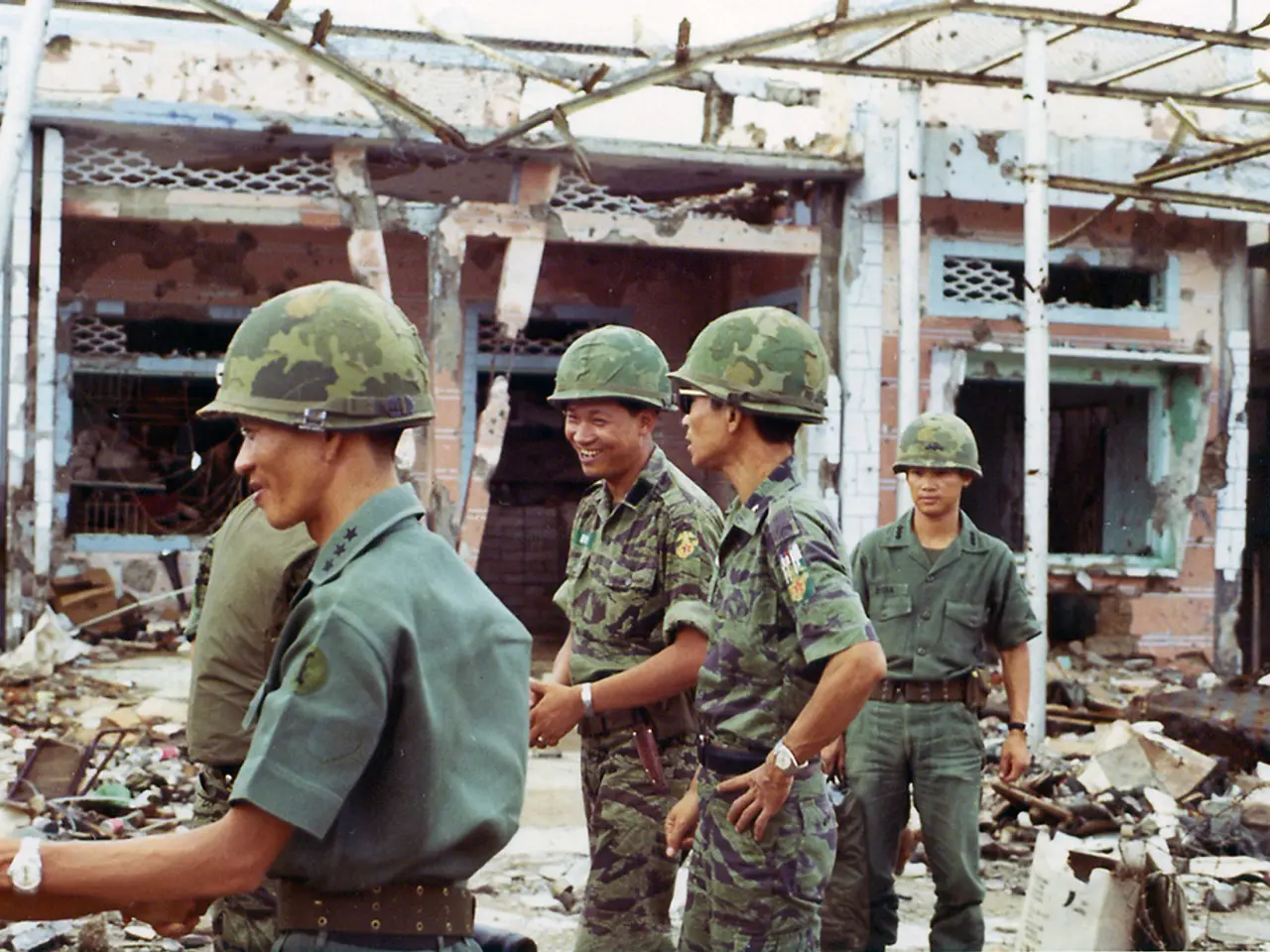Military personnel are being dispatched to the nation's capital, according to Trump's announcement.
U.S. President Donald Trump announced the deployment of troops from the National Guard in Washington D.C., with the goal of improving the city's safety and living conditions. The decision, which places the District of Columbia under direct federal control, comes as Trump expressed concerns over high crime rates and the need to restore law and order in the nation's capital.
Trump framed the situation as one where "crime is out of control," necessitating federal intervention to enhance public safety. This led to requests for National Guard support from various states, such as Mississippi’s Governor Tate Reeves approving the deployment of about 200 Mississippi National Guard soldiers to assist law enforcement in Washington D.C.
However, reactions to this move are mixed and reflect broader debates over the use of federal power in local policing. Supporters, including some state governors, view the deployment as a necessary step for public safety, applauding the National Guard’s involvement as a positive contribution to combating violence and crime in high-risk urban areas like Washington D.C.
On the other hand, critics argue that Trump's federal deployments are an abuse of power that can undermine local authority and civil liberties. Concerns are raised about the precedent of expanding such deployments to other major cities like Chicago, New York, Los Angeles, and Oakland. Legal and policy experts highlight the unique jurisdictional issues of Washington D.C., which is federally controlled and lacks a traditional state government structure, thus complicating the balance between federal and local control when deploying the National Guard.
Some residents in Washington D.C. have expressed negative reactions to Trump's decision, while others have voiced concerns about the city being compared by Trump to Baghdad due to its high crime rate. Notably, Trump has previously deployed National Guard troops in Los Angeles, in response to protests against anti-immigrant raids.
The deployment of National Guard troops in Washington D.C. is not the first time Trump has used this measure. Protesters began to gather on Lafayette Street, near the White House, as the news of the deployment spread. As the situation unfolds, the balance between public safety and civil liberties remains a key point of contention in this controversial decision.
References:
[1] Associated Press. (2021, April 7). Trump deploys National Guard to Washington amid rising crime. NBC News. https://www.nbcnews.com/politics/white-house/trump-deploys-national-guard-washington-amid-rising-crime-n1261091
[2] Goldberg, L. (2021, April 7). Trump deploys National Guard to Washington amid rising crime. The Guardian. https://www.theguardian.com/us-news/2021/apr/07/trump-deploys-national-guard-to-washington-amid-rising-crime
[3] Kornacki, S. (2021, April 7). Trump deploys National Guard to Washington amid rising crime. MSNBC. https://www.msnbc.com/msnbc/watch/trump-deploys-national-guard-to-washington-amid-rising-crime-122857976359
The deployment of NationalGuard troops in Washington D.C. is a move linked to the President's concern over high crime rates and the need for law and order, serving as an example of politics intervening in general news and crime-and-justice matters. This decision, however, sparks debates over the use of federal power in local policing, with criticism alleging it can undermine local authority and civil liberties, potentially setting a precedent for similar deployments in other major cities.






